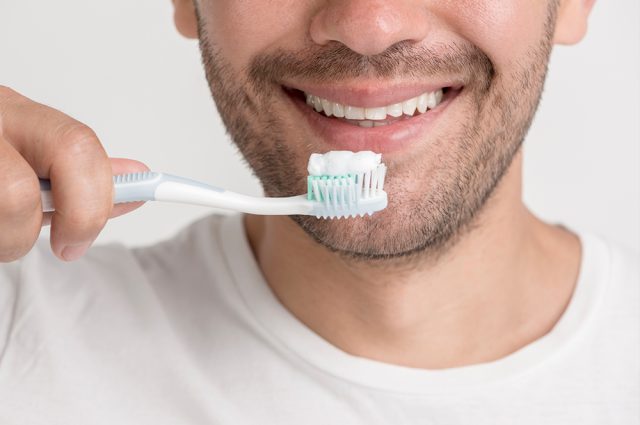A new study has revealed Qatar is the top country for oral hygiene, based on low sugar consumption, smoking rates and a large pool of dentists at the country’s disposal.
The study has uncovered the countries placing the most importance on dental care based on the number of dentists per 10,000 people, sugar consumption, the prevalence of tobacco use and the average number of dentist visits per person each year.
Oman takes second place despite sugar consumption THREE times higher than Qatar’s
On a new index detailing the dental health of more than 178 countries, Qatar took the top spot, with Oman coming in second and Japan ranking third.
Qatar has one of the lowest sugar consumption rates in the world, a low proportion of people smoking and a large number of dentists at the community’s disposal. As a result, it is among the best places for dental health, according to the index.
Despite Oman taking second place, the country still consumes over three times the amount of sugar per year that Qatar does. Even Norway – previously praised for its preventative approach to dental care – consumes nearly 10 times the amount of sugar per capita when compared with Qatar, where people use a mere 607 teaspoons a year.
Kent Express, the UK’s largest mail-order dental supplier, carried out the study to find the most teeth-conscious countries across the globe – as the UK continues to battle a dentistry crisis.
How good dental health is measured
The index examines data including the number of dentists per 10,000 people, sugar consumption, the prevalence of tobacco use and the average number of dentist visits per person each year.
Qatar has almost double the number of dentists available per 10,000 people, when compared with Oman. However, Japan came top in this area, with Norway and Luxembourg also featuring in the top five countries for the most dentists available.
By contrast, the UK ranked 68th on the index, as recent reports show the number of NHS dentists has plunged to its lowest level for 10 years, with almost 1,000 quitting during the past year alone
To know more about it
https://smilebliss.com/tips-for-maintaining-good-oral-health-at-home-smilebliss/
Chris Moffatt, Dental Expert at Kent Express said:
“For many people, dental hygiene slipped during Covid-19 lockdowns, partly because NHS dentists weren’t accessible for non-emergency treatments. A huge backlog of appointments has built up nationally, and has led many to consider private treatment or even treatment abroad.
The UK’s problems with dental hygiene aren’t new. Whether it’s high levels of sugar consumption, ineffective cleaning or complacency around going to the dentists, many of us need to do more to improve our oral hygiene.
Proactive measures are needed: we could consider preventative outreach at schools, which has helped Qatar so much, or looking at new ways to communicate oral hygiene advice to adults. It will take time for attitudes to change.”.
Anna Middleton, dental therapist and founder of London Hygienist, said:
“I think that more focus on prevention over treatment is still needed here in the UK. Good oral hygiene habits that include brushing twice a day with a fluoride toothpaste and cleaning in between teeth daily will remove the harmful plaque bacteria that causes decay and gum disease. Having a diet low in sugar is important too as well as not smoking and limiting alcohol. Ensuring we look after our mouths at home will significantly reduce the risk of needed dental treatment in the future”.
For more information on the global breakdown of the most teeth-conscious countries, please visit the Kent Express website.
The Most Teeth Conscious Countries Index 2022 can be found here:
The data can be found here, highlighting dentists per 10,000 people, average dentist visits per year, sugar consumption per year and prevalence of current tobacco use:
https://docs.google.com/





